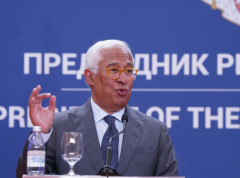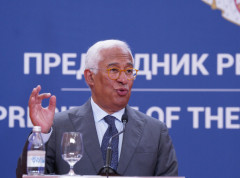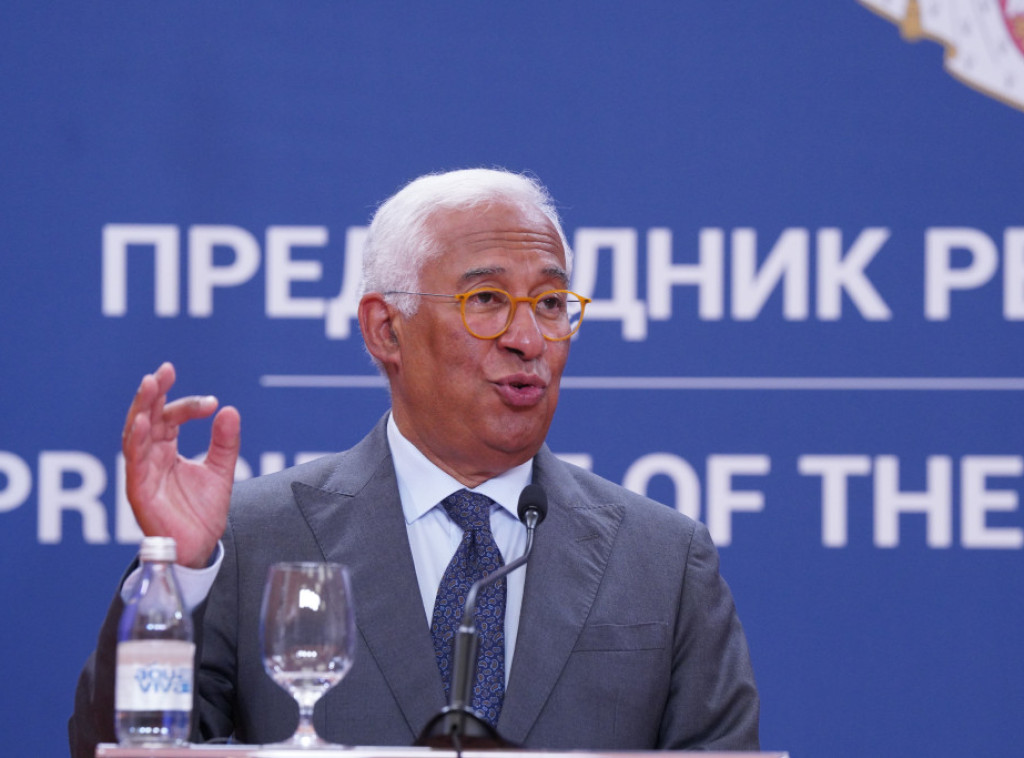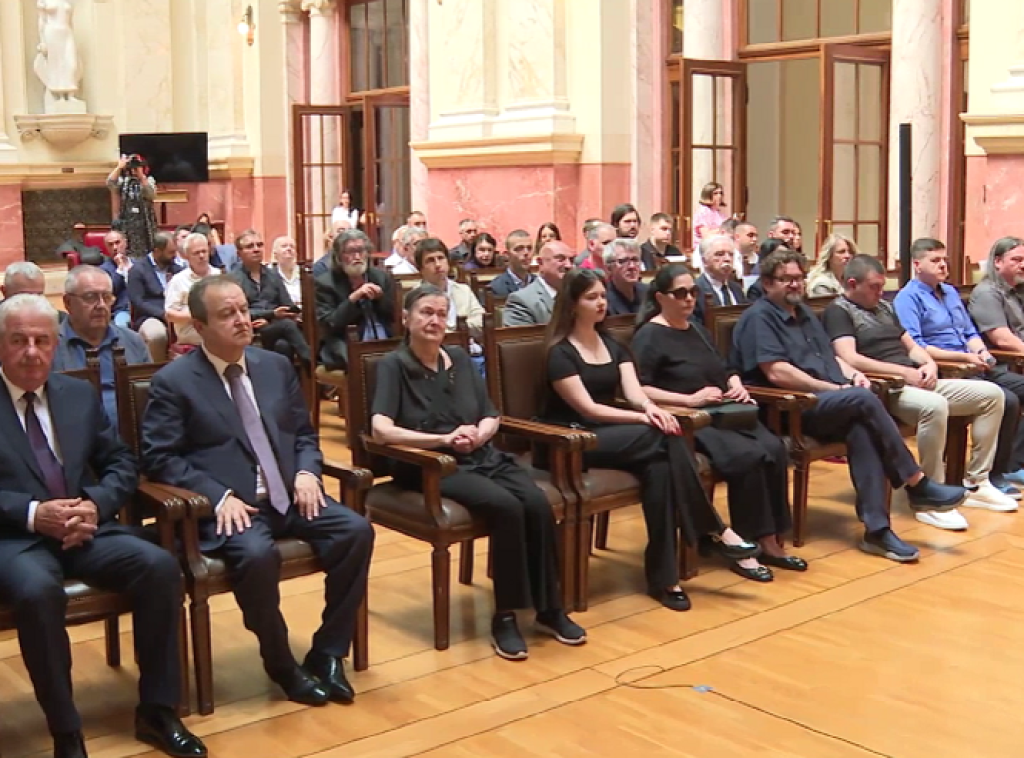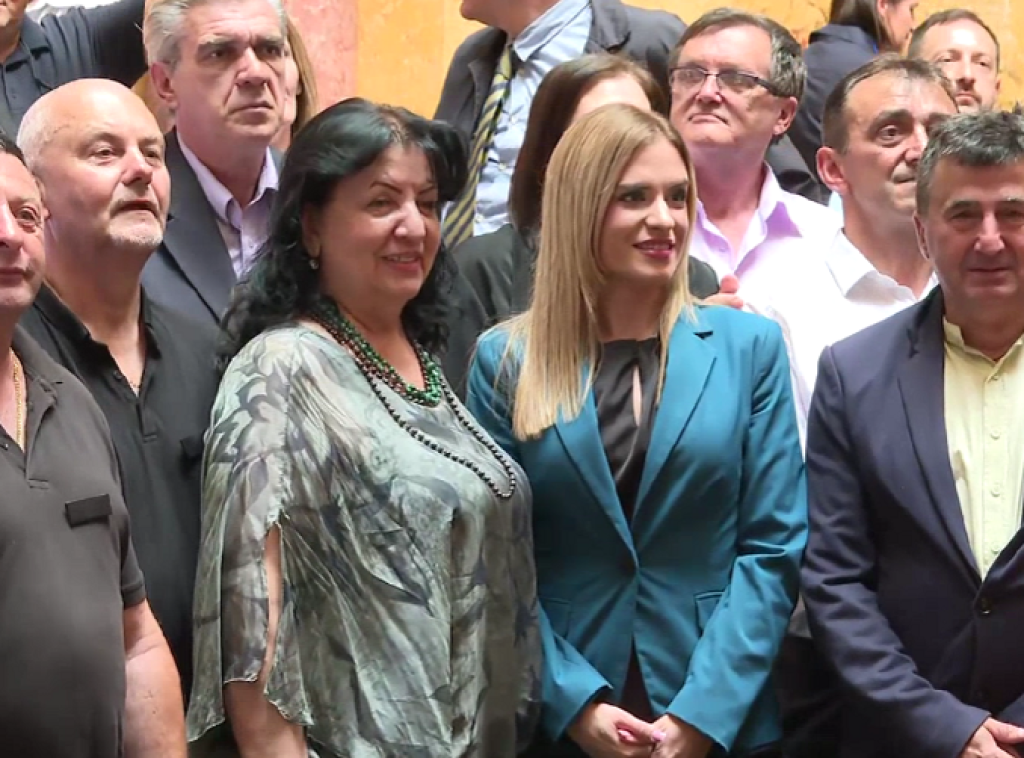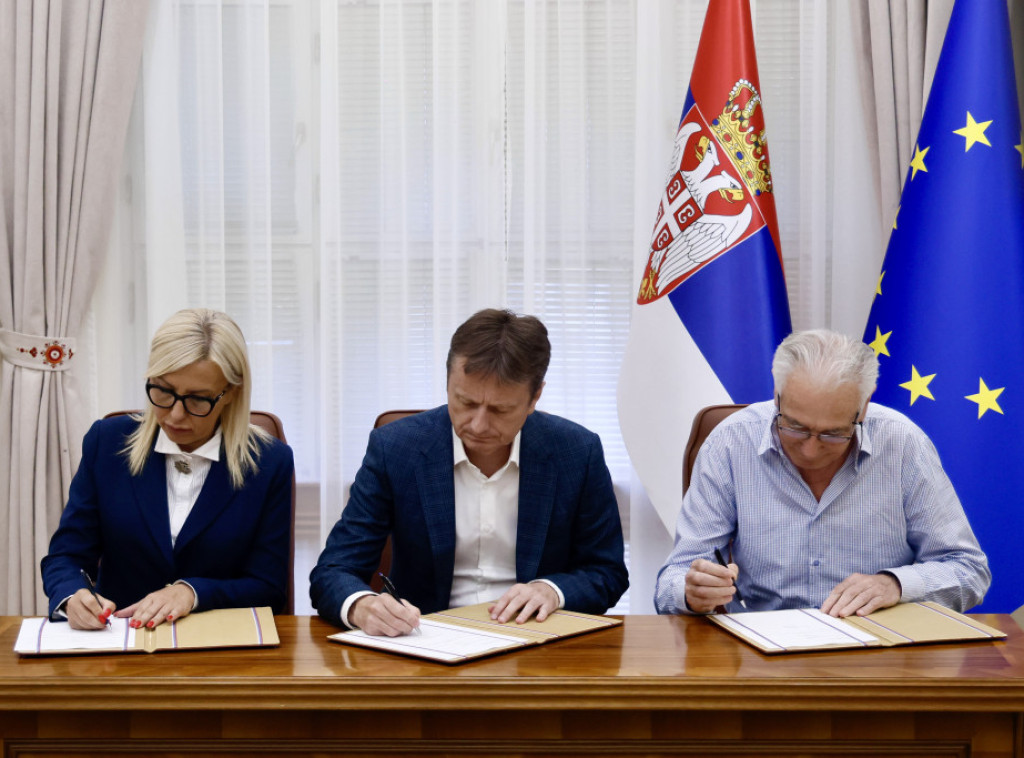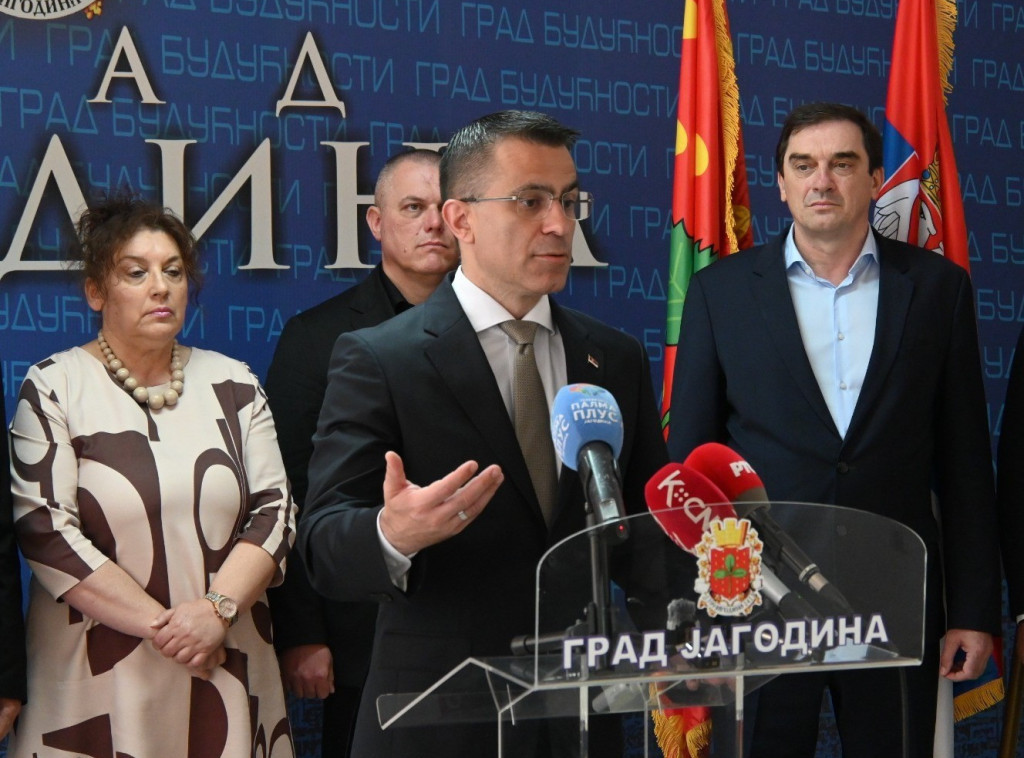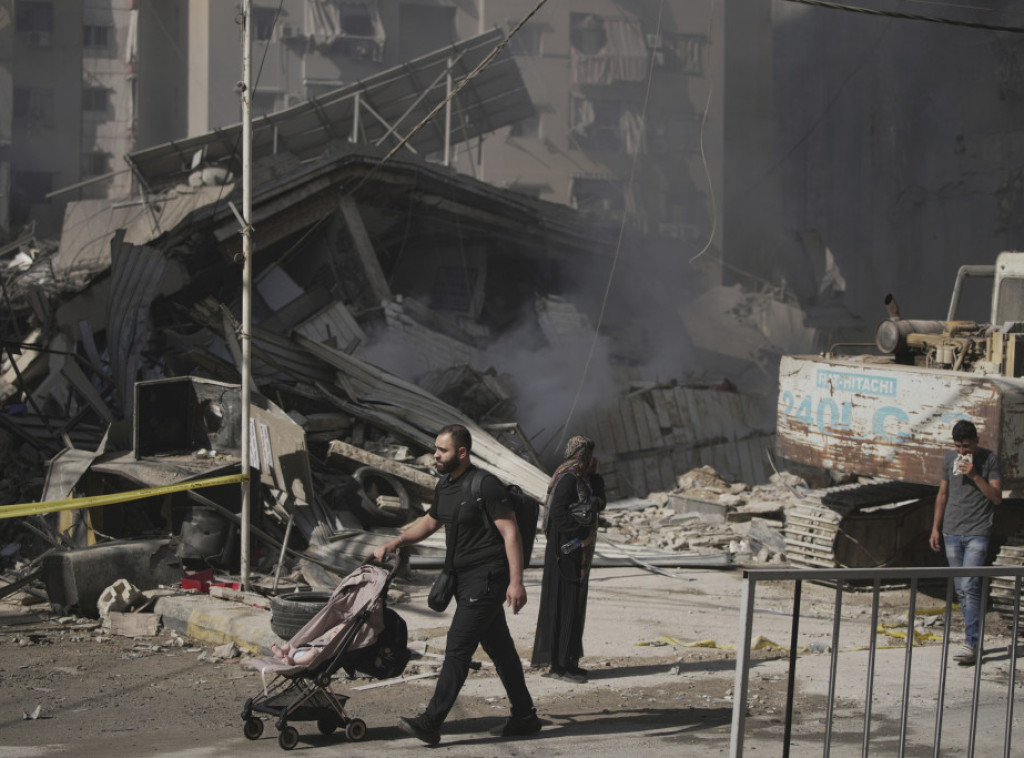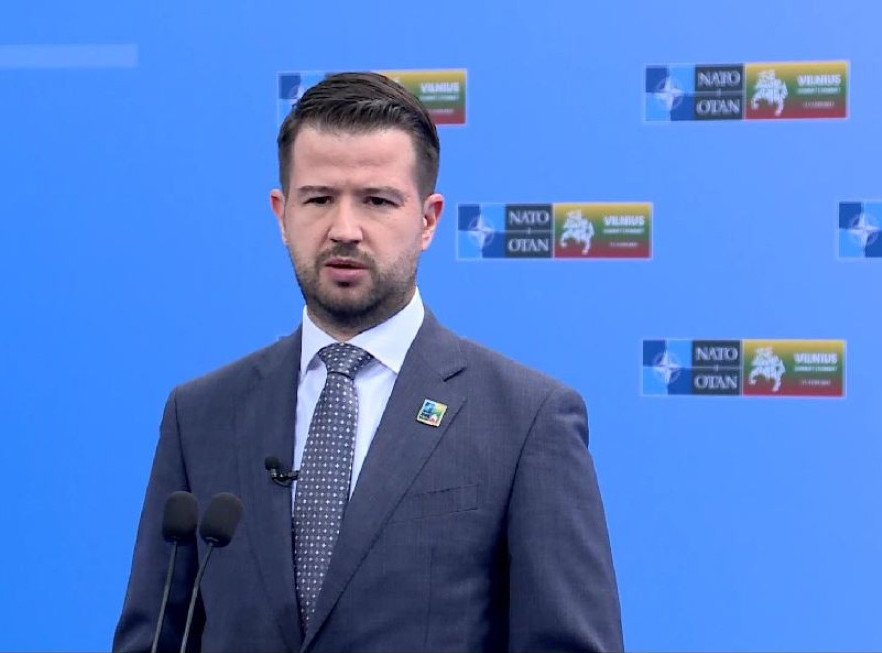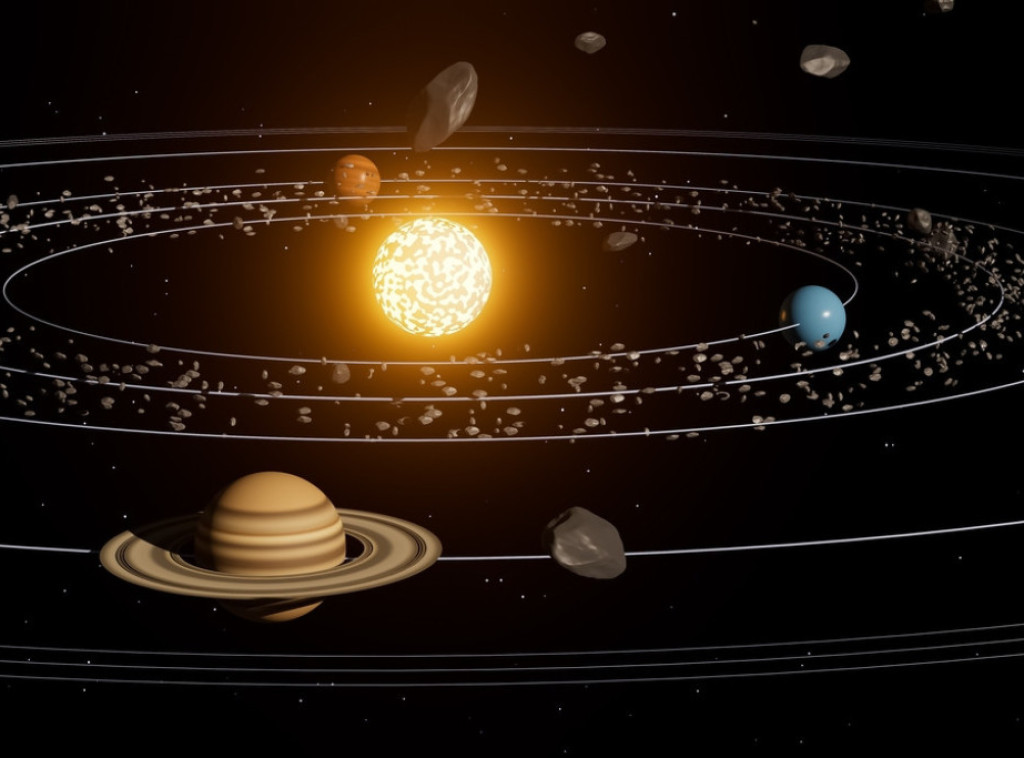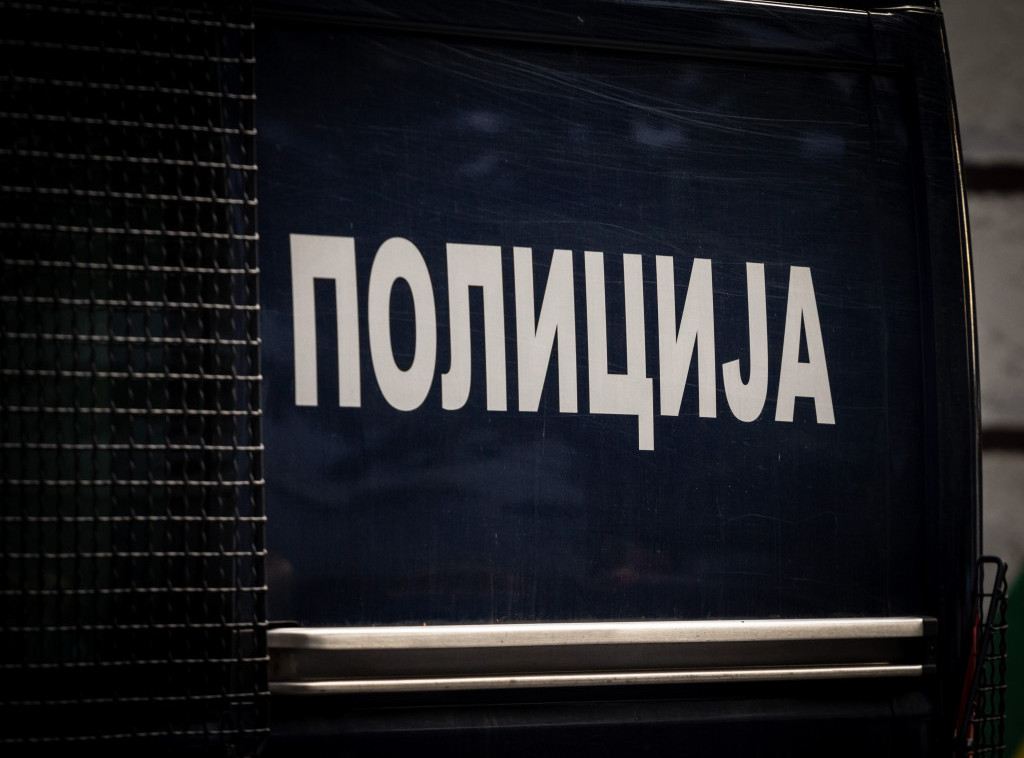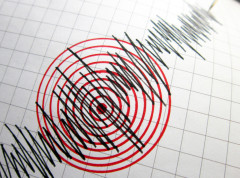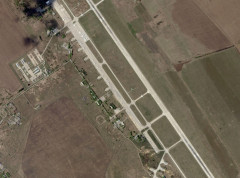The European Union is currently assessing whether Israel has violated international law in the Gaza Strip conflict. European Council President Antonio Costaronta stated that the situation in Gaza is unacceptable and that the EU diplomatic mission will reach conclusions that could impact the cooperation agreement between Brussels and Tel Aviv. The European External Action Service (EEAS) is examining the respect for human rights and democratic principles as key elements of cooperation with Israel. Different political sources emphasize various aspects of the situation: left-leaning media highlight the need to protect human rights and criticize Israel for alleged war crimes; centrist sources focus on diplomatic processes and potential sanctions; while right-leaning media often emphasize Israel’s right to self-defense and criticize the EU for pressuring Israel.
Political Perspectives:
Left: Left-leaning outlets emphasize the humanitarian impact of the Gaza conflict, focusing on alleged violations of international law by Israel and calling for accountability and protection of Palestinian rights. They often highlight the need for the EU to take a strong stance against Israel’s actions and support sanctions as a means to uphold human rights.
Center: Centrist sources present a balanced view, focusing on the EU’s diplomatic efforts to investigate the situation and the potential consequences for EU-Israel relations. They emphasize the importance of international law and the role of diplomacy in resolving the conflict, highlighting the ongoing assessment by the EEAS and the possible impact on cooperation agreements.
Right: Right-leaning media tend to stress Israel’s right to self-defense against attacks from Gaza. They often criticize the EU for what they perceive as undue pressure on Israel and emphasize the security challenges Israel faces. These sources may downplay allegations of war crimes and focus on the legitimacy of Israel’s military actions.






